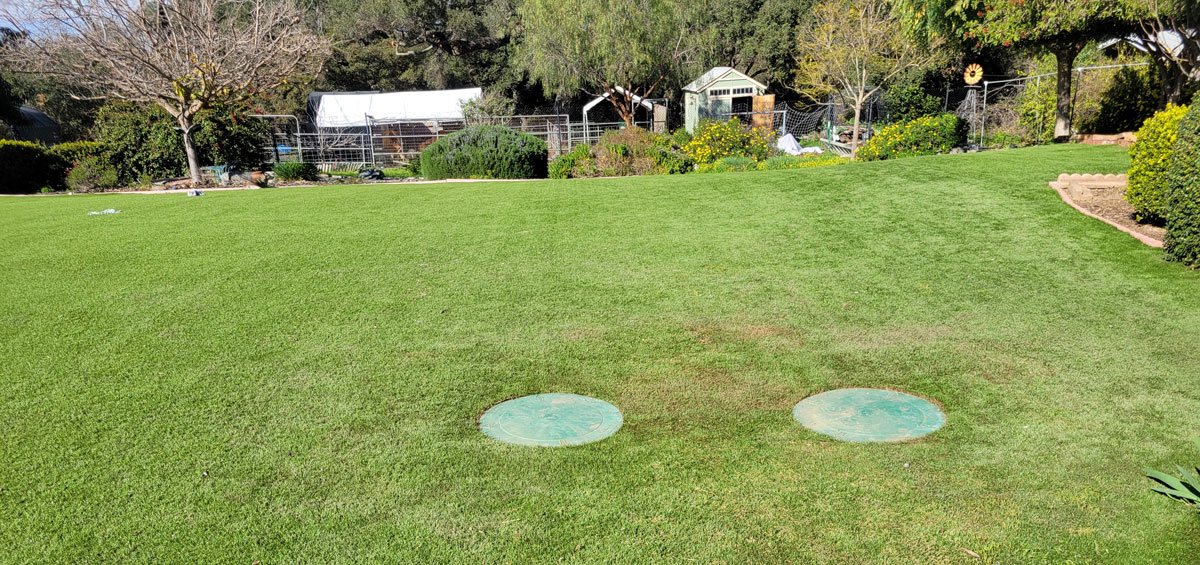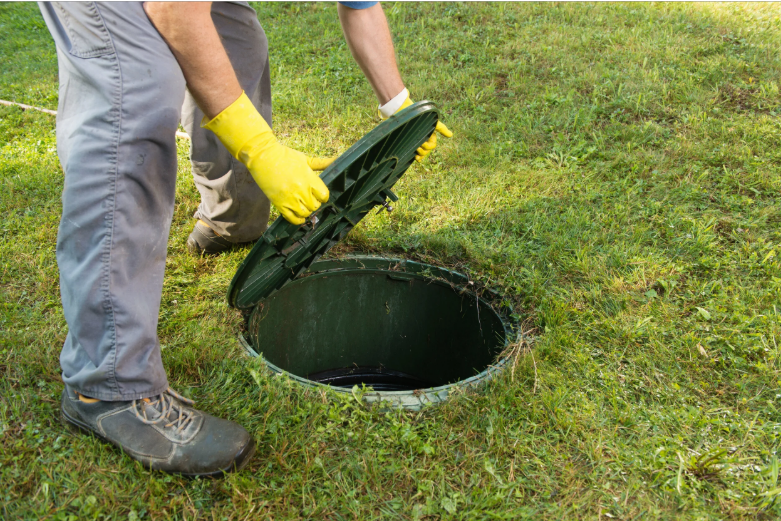As the air turns crisp and the leaves begin to fall, most homeowners shift their attention to pumpkin spice, cozy sweaters, and preparing for the winter months ahead. But fall is also the perfect time to check in on one of your home’s most essential (and often forgotten) systems—your septic system.
In honor of SepticSmart Week, observed every September, we’re sharing important fall maintenance tips to help you protect your home, your property, and your wallet. With just a few proactive steps, you can ensure your septic system runs smoothly through the cold months and beyond.
Why Fall Is the Ideal Time for Septic Maintenance
Unlike winter, when frozen ground and snow can make access difficult, fall offers ideal conditions for septic system maintenance. The summer rush is over, the ground is still workable, and you’re less likely to run into holiday-season emergencies.
Taking care of your system now helps:
-
Prevent backups during the holidays
-
Avoid costly repairs in freezing temps
-
Extend the lifespan of your system
-
Keep your groundwater and property safe
Fall Septic System Maintenance Checklist
Here are the most important things you can do this fall to keep your system running properly:
✅ Schedule a Septic Inspection
Fall is a great time to schedule a professional inspection to evaluate the condition of your tank, check sludge levels, and look for any signs of damage or wear. An inspection can catch problems early—before they turn into expensive surprises.
✅ Pump Your Tank If Needed
Your septic tank should be pumped every 3–5 years depending on the size of your household and your system. If it’s been a few years since your last pump-out, fall is the perfect season to take care of it. A full tank is more likely to cause backups and strain during high-usage times like Thanksgiving or winter holidays.
✅ Check for Signs of Trouble
Walk your yard and inspect for signs of septic system problems, such as:
-
Soggy ground or standing water over the drainfield
-
Unpleasant odors near the tank or drainfield area
-
Slow-draining sinks, tubs, or toilets
-
Gurgling noises in your plumbing
If you notice any of these symptoms, call a professional for a closer look.
✅ Protect Your Drainfield
As you prep your yard for fall, make sure the area above your drainfield is clear and well-maintained:
-
Don’t park vehicles or store heavy items over it
-
Avoid planting deep-rooted trees nearby
-
Keep gutters and downspouts directed away from the field to prevent flooding
You can even add a layer of mulch to insulate the area and prevent freezing during winter.
✅ Practice Smart Water Use
Heading into fall and winter, try to space out water usage by staggering laundry loads and showers throughout the day. Too much water at once can overwhelm your system—especially if it hasn’t been pumped recently.
✅ Know What Not to Flush
Avoid flushing anything other than human waste and toilet paper. That includes:
-
“Flushable” wipes (they’re not!)
-
Paper towels or tissues
-
Feminine hygiene products
-
Grease, oil, or harsh chemicals
These items can clog your system and damage beneficial bacteria that help break down waste.
Don’t Wait Until Winter
Winter weather makes it difficult—if not impossible—to access your septic system. Frozen ground can delay repairs and even lead to frost damage in unprotected systems. Taking care of your septic system in the fall ensures it’s ready for the increased usage that typically comes with indoor holiday gatherings and colder weather.
In Summary:
-
Fall is an ideal time for septic inspections and pump-outs
-
Watch for signs of system trouble before winter hits
-
Protect your drainfield and avoid heavy water use
-
Only flush what your system is designed to handle
At Norway Hill Home Inspections, we help homeowners stay on top of the issues that matter—like septic system health. Whether you’re planning to buy, sell, or just maintain your property, a seasonal home inspection can uncover potential problems before they escalate.
Need help? We’re here to guide you through smart fall maintenance and provide referrals to trusted septic professionals in your area.



